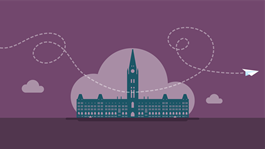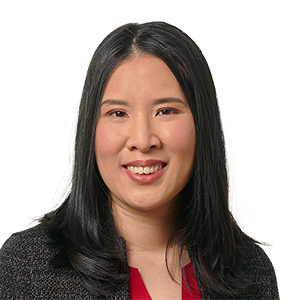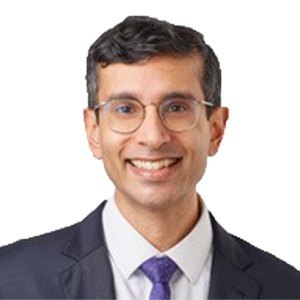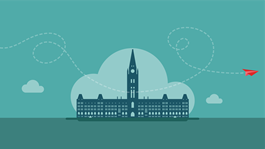In response to new health information, public opinion research, decreasing fee revenue, and increasing regulatory costs, Metro Vancouver has proposed changes to its Air Quality Management Bylaw No. 1082, 2008 (Bylaw 1082). The proposed changes to Bylaw 1082 would significantly increase air emissions fees, in some cases by up to ten times, beginning in 2022 and increasing again in 2025.
If the proposed changes are enacted, permit holders and regulated facilities (particularly those that pay variable emission fees) will face substantially higher costs for their emissions. Businesses that discharge odour may need to pay emission fees, even if they currently do not. Participants in the Measured Discharge Program will lose their MDP credit. These proposed changes are consistent with the objectives of reducing emissions and imposing the costs of the regulatory program, and of air pollution, more directly on emitters.
Parties have until April 30, 2021, to provide feedback to Metro Vancouver through its website. A draft of the amended Bylaw 1082 is expected to be released in the third quarter of 2021.
Background
In November 2020, Metro Vancouver released a Discussion Paper that proposed substantial changes to air contaminant fees, which have remained largely unchanged since 2008. These changes include:
- substantially increasing emission fees for air contaminants;
- adding new emission fees for odorous air contaminants;
- discontinuing the Measured Discharge Program; and
- changing application fees and regulatory fees.
The objective of the proposed amendments is to reduce harmful air emissions, ensure fees promote continuous improvement, and recover costs of monitoring and enforcement in a manner consistent with discharger-pay, equity and fairness principles. These changes reflect updated information on health impacts of air contaminants, increased demand for regulatory services, ongoing efforts to meet air quality and climate targets and public opinion that air quality regulatory programs should be funded by pollutant emitters.
Common and other air contaminants
Proposed emission fee increases will be introduced in two stages: one in 2022 and another in 2025. Increased fees are proposed for air contaminants that pose the greatest public heath impact, including PM2.5, photoreactive VOC and NOx, with increases of two to six times existing fees. In addition, there are proposed fee increases to a range of other air contaminants such as ammonia, coarse particulate matter, ozone, sulphur and greenhouse gases, with increases of three to ten times existing fees. Tables 2 and 3 in the Discussion Paper summarize these fee increases. Several of these contaminants are currently not specified in Bylaw 1082 and are instead assessed under the “Other” category at a relatively low emission fee.
Odorous air contaminants
Metro Vancouver does not currently charge fees for emissions of odorous air contaminants, even though the existing Bylaw 1082 imposes a fee for “odours.” The proposal will add new fees for odorous air contaminants, with different rates for permitted and measured odorous air contaminants, but will provide fee rebates if it could be shown that impacts on surrounding areas are mitigated. The new fees for odours are summarized in Table 4 of the Discussion Paper.
Measured Discharge Program
The proposed amendments will discontinue the Measured Discharge Program (MDP). Under the MDP, permit holders are allowed to pay reduced emission fees if they can demonstrate that their measured emissions are less than permitted levels. Metro Vancouver found that whether or not a facility reported to the MDP, emission discharges were typically below the authorized emission limits. Instead of incentivizing reduced emissions, the MDP has benefited larger facilities that could afford to collect the required emissions data.
Application fees and emission regulation fees
Increases to the application fees for permits, approvals and amendments are proposed to take effect in 2022, with increases up to five times the existing fixed fees for certain applications. It is also proposed that the $50,000 cap on the variable component of application fees be removed. However, fees for agricultural open burns approval will decrease by half, while the fee for other open burns will increase by five times. The proposed changes to application fees are outlined in Tables 5 and 6 of the Discussion Paper.
For facilities regulated under industry-specific emission bylaws, such as boilers, concrete plants and gasoline facilities, the proposal will, in 2022, slightly increase fixed administrative fees and, where applicable, increase variable emission fees to match the proposed emission fees for permits. See Table 7 of the Discussion Paper for a summary of these changes.
What to expect next
Metro Vancouver is inviting feedback until April 30, 2021, through its website. Metro Vancouver is aiming to present a draft of the amended Bylaw 1082 in the third quarter of 2021.
The authors wish to thank the articling student Chen Li for his help in preparing this legal update.






